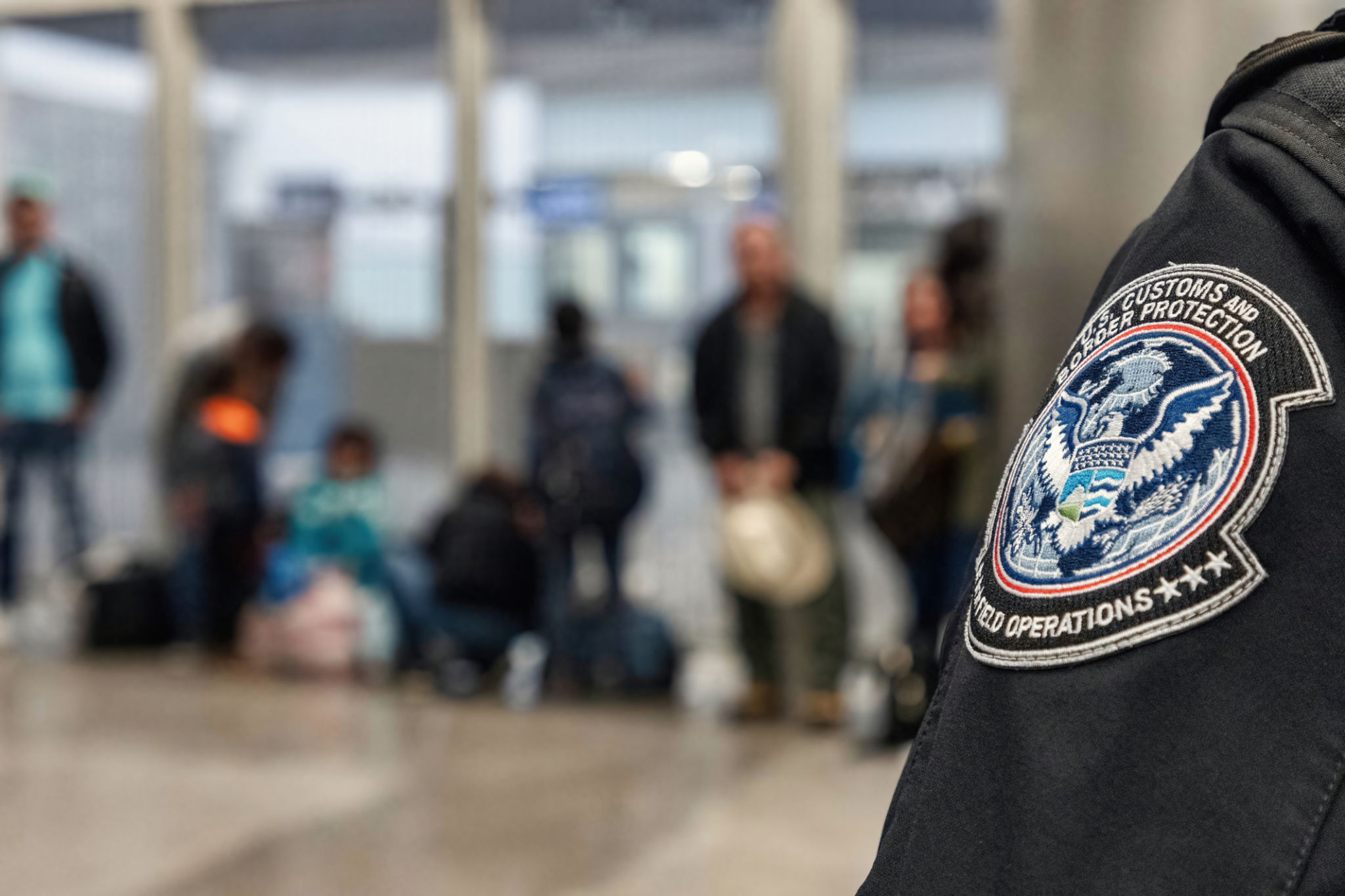Understanding the Growing Need for Family Visas Post-Pandemic
The Rise in Demand for Family Visas
The COVID-19 pandemic has profoundly impacted global migration patterns, leading to a notable increase in the demand for family visas. As international travel restrictions ease and countries begin to recover, families are eager to reunite after prolonged periods of separation. This growing need is driving changes in immigration policies and visa processing worldwide.
Family visas, which allow individuals to join their relatives abroad, have become a crucial component of immigration strategies for many. This surge in applications is a direct consequence of families being apart due to border closures and travel bans during the pandemic.

Factors Driving the Increase
Several factors contribute to the heightened interest in family visas. Firstly, the emotional toll of the pandemic on families has been substantial. Being separated from loved ones during a global crisis has underscored the importance of family bonds and support systems.
Secondly, as remote work becomes more widespread, individuals now have increased flexibility to relocate and live closer to family members without disrupting their careers. This shift is prompting many to consider moving abroad to be with family, further fueling the demand for family visas.

Impacts on Immigration Policies
Governments are responding to this trend by adapting their immigration policies. Many countries are streamlining their visa application processes and reducing bureaucratic hurdles to accommodate the influx of family visa applications. These changes are intended to promote family reunification and facilitate the integration of new arrivals into local communities.
Some nations have even introduced special programs or expedited processing for family visas as part of their post-pandemic recovery plans. These initiatives aim to attract skilled immigrants while ensuring that families can reunite swiftly and efficiently.

The Economic Benefits of Family Visas
Beyond emotional and social advantages, family visas also present significant economic benefits. Families play a vital role in supporting local economies through consumption, housing, and employment opportunities. By reuniting families, countries can bolster economic growth and stability.
Moreover, immigrants often bring diverse skills and perspectives that enrich the workforce. This diversity can lead to innovation and creativity, driving productivity and competitiveness in various industries.
Challenges and Considerations
Despite these benefits, challenges remain. The backlog of applications created by the pandemic-induced slowdown in visa processing continues to be an issue. Governments must address these delays to ensure timely reunification of families.
Additionally, societal attitudes toward immigration can impact the success of family visa programs. Promoting understanding and acceptance within host communities is essential for fostering harmonious integration of new arrivals.

The Future of Family Visas
As the world adjusts to a new normal post-pandemic, the demand for family visas is expected to remain strong. Families will continue to seek opportunities for reunification, driven by both emotional needs and practical considerations. Understanding these dynamics is crucial for policymakers and immigration authorities as they navigate the complexities of post-pandemic migration.
Ultimately, facilitating family reunification through effective visa programs not only strengthens familial ties but also contributes to the broader socio-economic fabric of societies worldwide. As such, addressing the growing need for family visas will be an essential facet of global recovery efforts in the years to come.